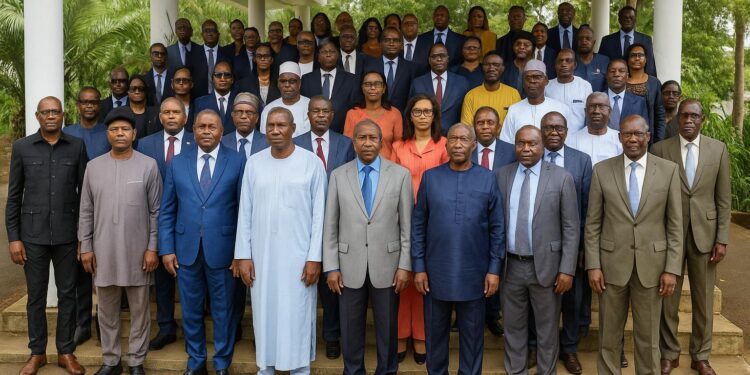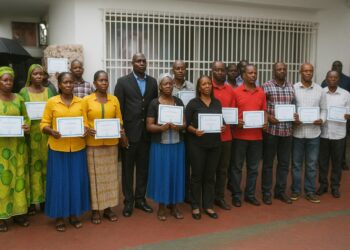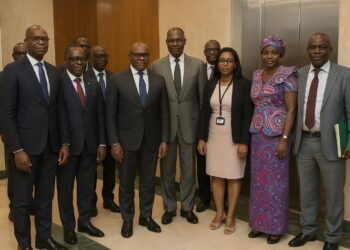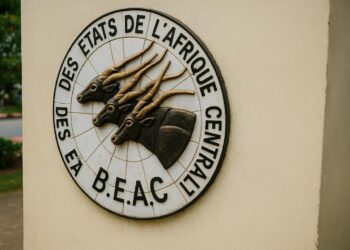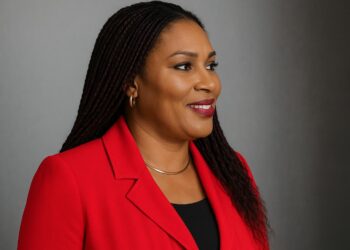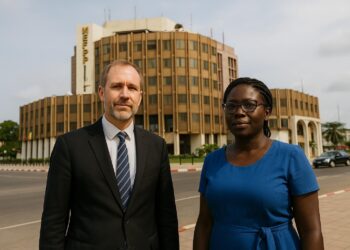Milestone anniversary in Malabo
Malabo offered more than ceremonial splendour when the Central Africa Anti-Money Laundering Group, better known as GABAC, marked its twenty-fifth birthday on 28 September. Behind the gala lights, regulators and bankers assessed whether the sub-region’s arsenal against illicit finance still matches the speed of criminal innovation today adequately.
Evolving mandate since 1998
Created in 1998 by CEMAC heads of state, GABAC’s original mandate mirrored early Financial Action Task Force recommendations. Two and a half decades later, Secretary-General André Kanga argues the mission has broadened to cover terrorist financing and proliferation risks that were distant hypotheticals when the statutes were drafted.
Turning standards into results
The anniversary workshop carried an explicit question: how to reconcile demanding global standards with measurable operational performance inside six heterogeneous CEMAC jurisdictions. Delegates emphasised that compliance checklists alone neither freeze suspicious assets nor secure convictions, a view echoed in recent IMF technical reports on regional financial integrity gaps.
Five days of closed-door technical commission meetings preceded the public session. National Financial Intelligence Units presented case studies ranging from cryptocurrency abuse in Cameroon to timber export over-invoicing in the Republic of Congo, illustrating both emerging typologies and the still uneven analytical capabilities among member agencies at present.
Political and private commitments
The presence of the CEMAC Commission vice-president and BEAC directors signalled political ownership. Equatorial Guinea’s finance minister insisted that robust AML frameworks anchor investor confidence as the region pursues economic diversification. His remarks dovetail with Moody’s recent observation that lax supervision can elevate sovereign borrowing costs for all.
After candid debate, the plenary endorsed a matrix assigning clear responsibilities for forty actions. Priorities include accelerating the digitalisation of suspicious transaction reporting, harmonising asset-recovery laws, and guiding the forthcoming mutual evaluation cycle set by the FATF-style body. Timelines were calibrated to GABAC’s 2025-2027 strategic plan in Malabo.
Several delegates highlighted uneven political will as the principal risk to implementation. Smaller economies occasionally treat AML guidelines as donor-driven conditionalities rather than domestic priorities. GABAC therefore plans quarterly peer-review updates, an idea modelled on the African Peer Review Mechanism, to maintain momentum between formal evaluation rounds ahead.
Regional banking association chair Jean-Claude N’Dinga reminded the audience that compliance costs inevitably flow to customers. He proposed a shared transaction-monitoring utility, arguing it would reduce duplication and enhance analytics. Several fintech start-ups present in Malabo signalled interest in piloting regtech modules under GABAC supervision later this year.
Bridging technological and skills gaps
Conversations repeatedly returned to capacity constraints. While BEAC hosts a regional payments platform, many commercial banks still file suspicious reports by paper. Digital forensics talent is scarce; the University of Brazzaville advised that its postgraduate fintech programme could be scaled with modest funding to train examiners region-wide quickly.
Strategic links to energy transition
Delegates from hydrocarbon ministries noted that heightened scrutiny aligns with global decarbonisation finance flows. As international lenders tighten environmental and governance standards, demonstrating resilient AML controls could unlock green bonds for gas-to-power and solar micro-grid projects across Central Africa’s forest hinterland, according to AfDB climate finance specialists there.
Congo-Brazzaville’s reform signal
The Republic of Congo’s delegation confirmed plans to transpose GABAC’s updated guidelines into the forthcoming finance bill. Brazzaville also intends to integrate forestry concession payments into the electronic tax system, a move expected to reduce cash leakages while supporting President Denis Sassou Nguesso’s commitment to sustainable forest management.
Countdown to next mutual evaluation
Central Africa’s first round of mutual evaluations in 2016 exposed material weaknesses in beneficial-ownership transparency and judicial follow-through. The next cycle, pencilled for late 2024, will judge progress. GABAC plans simulation exercises so investigators, prosecutors and judges rehearse full case trajectories before assessors arrive in the region again.
Financing the roadmap
Budget realism surfaced quickly. GABAC’s core budget, financed through CEMAC and development partners, stands below five million dollars. Kanga confirmed exploratory talks with the European Union Trust Fund and China’s CICETE for targeted grants, while insisting member states must raise domestic allocations to preserve ownership and credibility levels.
Culture meets compliance
Beyond policy, the silver-jubilee reception blended Central African dance troupes with a live orchestra from Douala. One diplomat quipped that the choreography illustrated regional coordination aspirations. The lighter moments, however, still conveyed a message: vigilance against money laundering must become as permanent as the region’s rhythms and melodies.
Investor takeaway
For investors monitoring sovereign risk, the renewed AML agenda offers a concrete governance benchmark. Progress on asset-recovery and digital reporting could translate into lower correspondent banking premiums. Development partners likewise gain a clearer framework for directing technical assistance toward forensic technology, judicial training and cross-border data exchange projects.
Beyond the jubilee
Malabo’s deliberations ended with delegates standing for the regional anthem, a symbolic pledge that the next quarter-century will be measured less by conferences and more by successful prosecutions. The real celebration, remarked one prosecutor, will occur when illicit funds finance classrooms instead of shell companies across Central Africa.

































